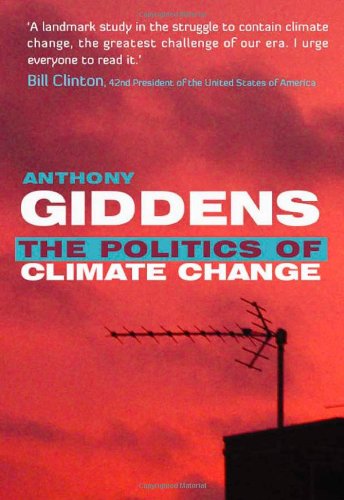Product desciption
Politics Of Climate Change Anthony Giddens by Anthony Giddens 9780745646930, 074564693X instant download after payment.
This book offers to the climate change solution discussion the considerable informed experience of a renowned social scientist, political adviser and modern thinker. The short summary of this book is that national carbon taxes are the way to go, not carbon trading based on big international agreements like Kyoto. Climate action and agreement at the international level, like Kyoto, is unlikely to succeed or to produce significant results. Most fruitful is work at the national level, followed by the regional and bilateral level, where action can be based on self interest and targeted to specific needs and local conditions. New forms of collaboration may well be needed. International universal agreement, as the World Trade Organization has shown, is too hard to reach and too watered down to be meaningful. Going deeper, practical politics needs to be based on the key driving forces on the world scene: economics, energy and security. Projects that can combine two or more of these forces have greater potential, for example, the energy saving work in Germany and Sweden give both energy security and economic advantage. Finally, population control (reduction) and conflict resolution/stability can only be achieved in a convergent world, where poverty is eliminated and nations feel an equal responsibility. Until that time, the rich nations (and the rich segments of poorer nations?) must take the lead and solve their self-created problem. Corollary to this is that Kyoto CDM activities, in which rich nations get credit for carbon reduction projects that they finance in poor nations, are insignificant. What is needed is a complete restructuring of the existing developed nations' own economies to low carbon societies. The author speaks from the practical experience of top political circles. Politicians and business leaders, who are probably the main intended audience, are well advised to listen. For an environmentally concerned person like myself, the main message is probably: vote for well-thought-out carbon taxes and other measures in your own country and stop hoping for a miracle from Kyoto. Note: the author could have presented his main ideas in a more focused manner (there is a lot of extraneous material, particularly criticism of others, which detracts from his worthwhile contributions). Archie Duncanson, author of Ecology Begins at Home, [...].


